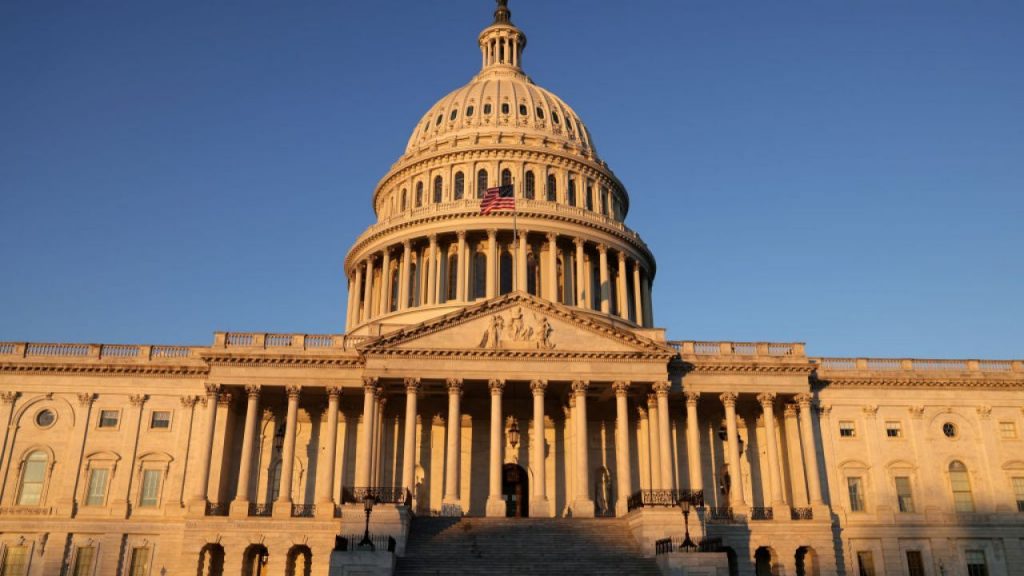Biden American Rescue Act “Stops Bleeding” for Child Care Industry, First Step in Long Recovery for Women in Child Care Workforce

For Immediate Release: Wednesday, March 10th
Contact: Erik Martinez, 312-320-0250, erik.martinez@seiuhcil.org
Biden American Rescue Act “Stops Bleeding” for Child Care Industry,
First Step in Long Recovery for Women in Child Care Workforce
SEIU Healthcare Illinois child care members and leaders call President Biden’s relief “necessary first step” in building child care system in Illinois that is equitable for workers and parents
Chicago – On the week of International Women’s Day and the 25th anniversary of child care workers union organizing in Illinois, SEIU Healthcare IL member leaders issued this statement following the passage of President Biden’s American Rescue Act:
“Illinois is at risk of losing nearly a third of its capacity at child care homes and centers without relief. President Biden’s American Rescue Act will provide the federal child care funding for our communities,” said Maricarmen Macias, Chair of SEIU Healthcare Illinois’ Executive Board. “President Biden’s plan was a necessary first step in helping essential child care workers, and in particular women, to recover from the pandemic and Illinois’ child care crisis. This plan will finally get money flowing into our communities – including $13.7 Billion for state and local governments.”
She continued: “Even before the pandemic, child care providers were earning poverty wages and parents struggled to find affordable, quality child care. This public health crisis made things worse. Illinois elected leaders must use these federal funds to provide desperately-needed relief for Illinois families and child care workers.”
“Black and brown women in child care have disproportionately felt the impact of these crises. In a recent study, over half of minority-owned child care programs in Illinois reported that they won’t survive more than three months without relief.[1] The American Rescue Act can stop the bleeding of child care providers and parents, but Illinois will need to act fast to help build child care back better, especially for the communities of color hit hardest by this pandemic,” said Pamela Franks, Co-Chair of SEIU Healthcare’s Child Care & Early Learning Division. “We look forward to working with Governor Pritzker and state officials to save our industry and stand with women in child care by providing relief payments or rate increases for child care workers, and eliminating parent co-pays that create barriers to enrollment.”
“We do not know when the next time we will ever see such federal investment in public child care again,” continued Franks. “We must use this moment to piece the child care industry back together and begin to build a universal child care system that is equitable for the working families who count on it and the women who keep Illinois working.”
SEIU Healthcare IL is also calling on Congress to pass the “Child Care for Working Families Act” in order to ensure no family under 150% of the state median income pays more than 7% of their income on child care, as well as improve compensation and training for the child care workforce. In Illinois, this would mean a 4-person household that has 2 parents each making $73,000 or less would qualify for child care subsidies.
###
[1] https://www.naeyc.org/sites/default/files/globally-shared/downloads/PDFs/our-work/public-policy-advocacy/naeyc_policy_crisis_coronavirus_december_survey_data.pdf
